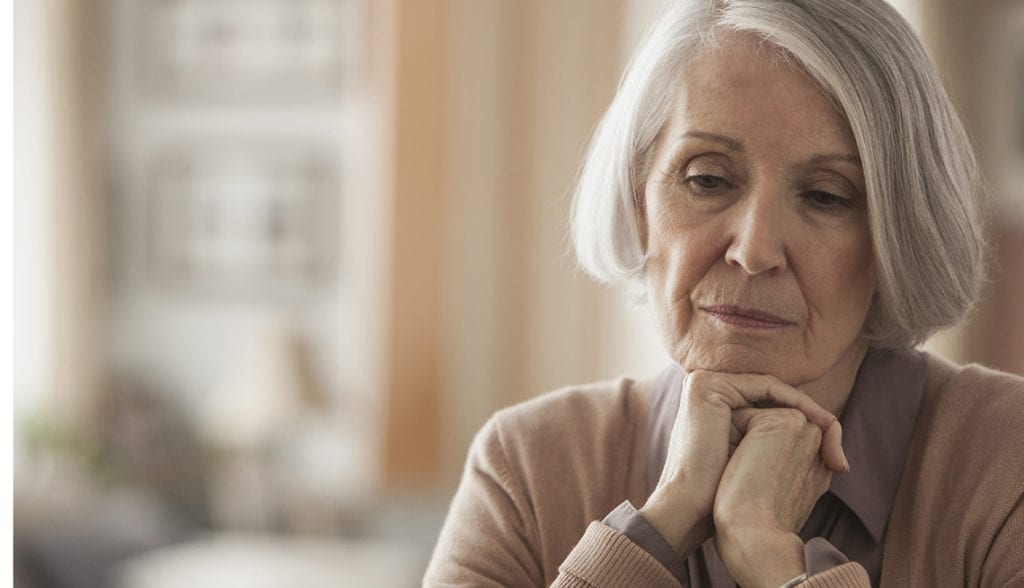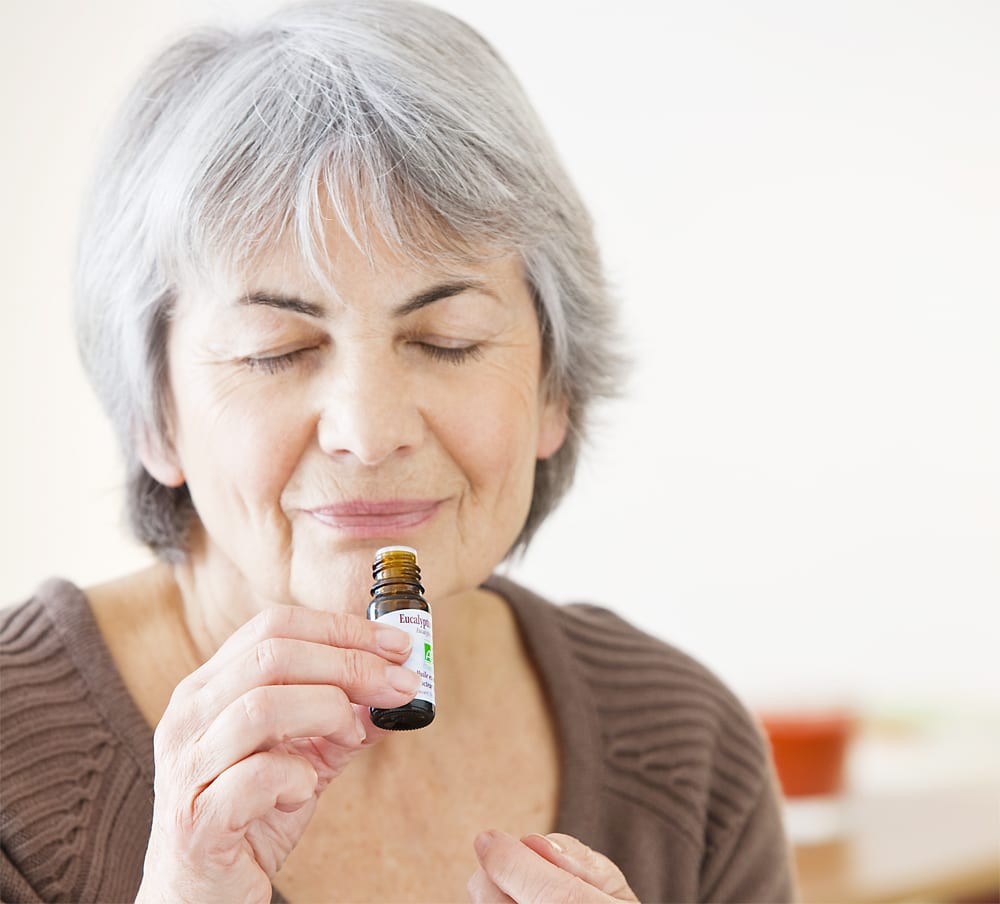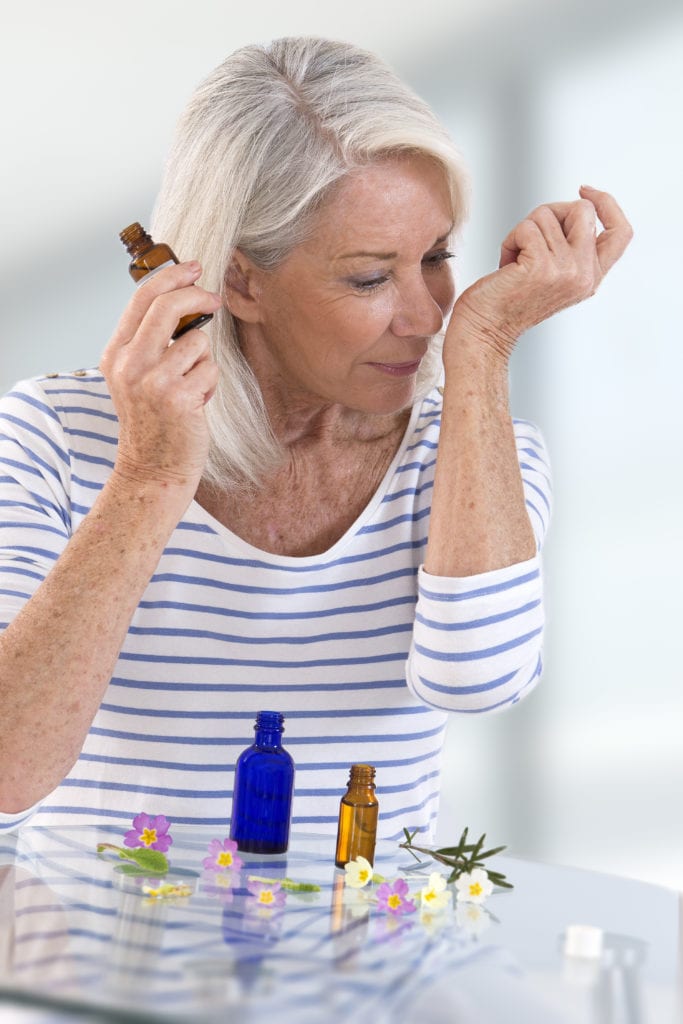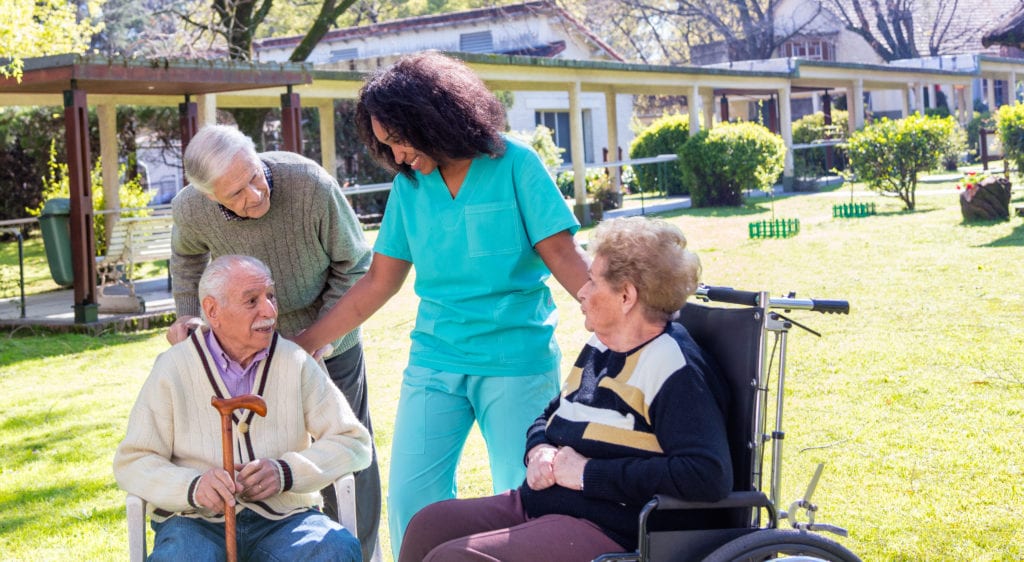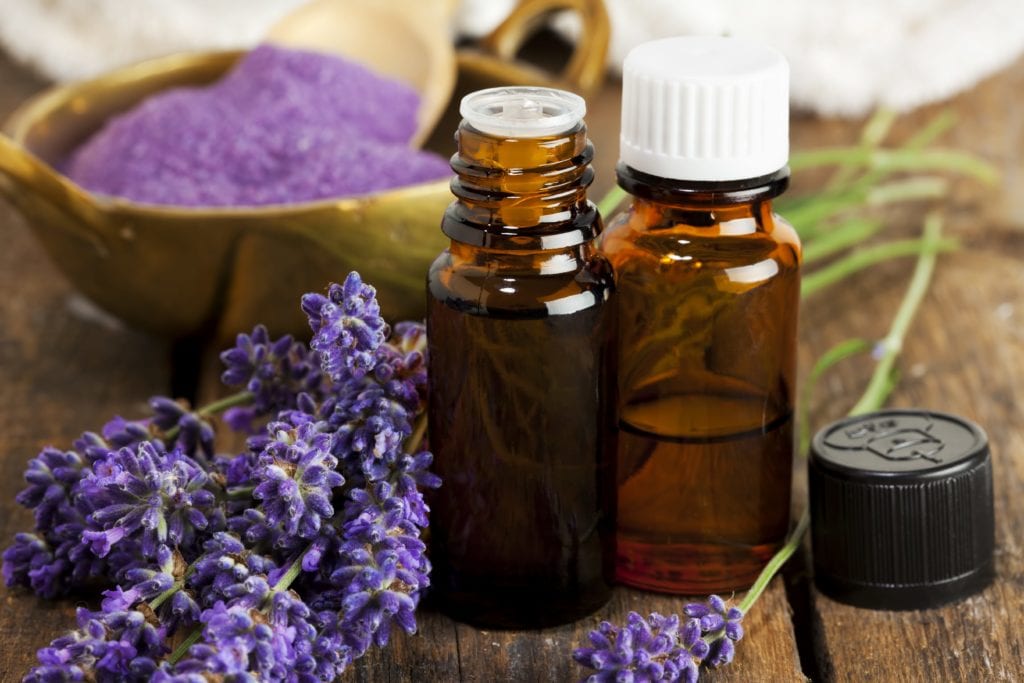When a person first moves from home to a senior care setting or transitions from one community to another, the change can feel overwhelming. For some seniors, change brings fear and anxiety, and for residents living with dementia, it can trigger agitation and aggression.
Harold, a long-time resident of a Texas senior living community, struggled with severe anxiety and depression. In an effort to help stabilize Harold’s mood swings, his care team introduced him to aromatherapy. This complementary therapy approach uses essential oils from plants to address health challenges and support overall wellness.
Many senior living communities are looking for ways to decrease the use of antipsychotic medications through nonpharma approaches. The Centers for Medicare and Medicaid Services (CMS) has set a national goal of reducing the use of antipsychotic medication in long-term care facilities by 15 percent by the end of 2019.
A viable alternative? Aromatherapy. CMS supports the use of aromatherapy as an “individualized, nonpharmacological intervention to help meet behavioral health needs.” Clinical studies point to promising results: aromatherapy programs have helped in reducing medications for pain, anxiety, and depression, as well as improving sleep and lowering fall rates.
Once upon a time, activity and recreation programs in senior communities were typically low priority. Yet as the senior population surges, and seniors seek to stay active as a way of life, today’s senior living providers are rethinking their offerings to include wellness and life enrichment programs. In expanding their focus, many are finding they can’t go it alone. They’re looking for trusted partners to extend in-house resources and design an engaging, person-centered experience.
Leading senior care providers are constantly looking for the latest in care innovations to serve their community. An increasingly safe and popular option is aromatherapy – the practice of using essential oils from plants to address health challenges and support overall wellness.
In addition to being a nonpharmacological approach to meet behavioral health issues experienced by seniors in living communities, aromatherapy programs have helped in reducing medications for pain, anxiety, and depression, as well as improving sleep and lowering fall rates.
It’s been called “The Long Goodbye.” Alzheimer’s disease and related dementias (ADRD) cause memory decline, cognitive impairment, and eventual loss of daily functioning. Today, 5.7 million Americans are living with the disease – with numbers projected to more than double by 2050.
Of those living with ADRD, 90 percent struggle with behavioral and psychological symptoms, from agitation and aggression to psychosis. These symptoms can be devastating for the person with ADRD and challenging for those who provide care – family members and health care staff alike.
